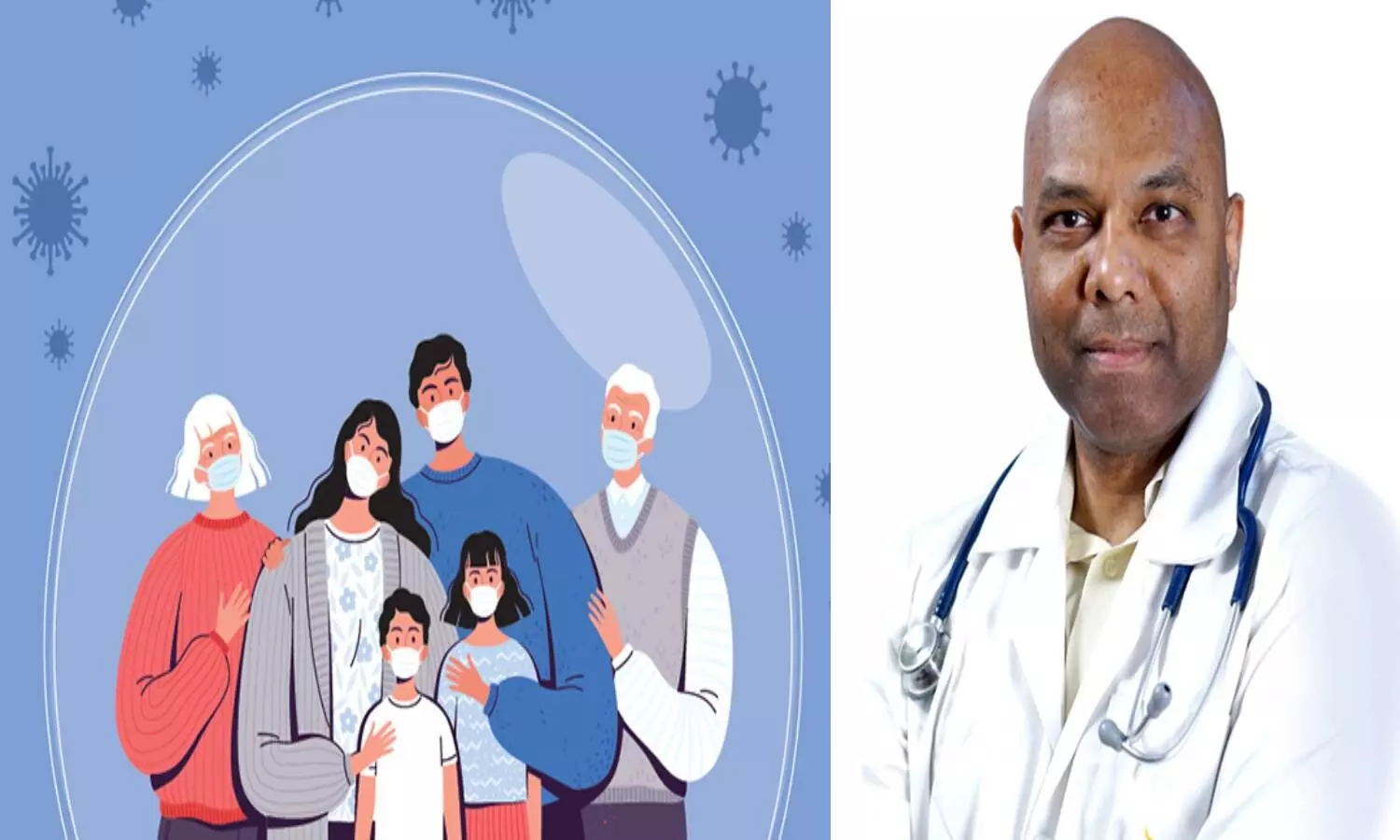Explained: Why certain vaccinated individuals are not developing antibodies
Health care professionals are concerned that the COVID-19 vaccine might have a lower protection rate among immunosuppressed individuals.
By Dr Ravi Andrews
Hyderabad: A vaccine is a bit like a seat belt. Wearing a seat belt will not prevent an accident but will surely protect you from severe injury following an accident. Most vaccines go a step further. Not only does taking a vaccine reduce the chances of getting an infection, it also diminishes the intensity in case you do get an infection. The same holds true for the COVID-19 vaccine. Data in India has revealed that though nearly 3.5 lakhs of people have died of COVID-19, not a single death has been reported in people who have been fully vaccinated against COVID-19!
This data suggests that every individual must be vaccinated against COVID-19 as soon as possible. Unfortunately, there is a lot of vaccine hesitancy among people due to unfounded fears that the vaccine has dangerous side effects or is ineffective. Neither of these fears are justified. Every vaccination has side effects but the potential benefits far outweigh the risks. No vaccination is 100 % effective but most COVID-19 vaccines have a protection rate of 60-80 per cent.
However, health care professionals are concerned that the COVID-19 vaccine might have a lower protection rate among immunosuppressed individuals. This is not unexpected. All vaccines are less effective in immunosuppressed individuals. Immunosuppressed people are those who either have a medical condition that prevents them from mounting a protective response against infection or those who are taking medications to reduce their immunity. Medical conditions that cause immunosuppression include cancer, HIV, some genetic diseases, kidney failure, liver failure, heart failure, and uncontrolled diabetes. Some non-medical conditions that reduce immunity include malnutrition and ageing . Persons who are taking immunosuppressive medications for cancer, transplant, and other autoimmune diseases like lupus also have low immunity.
Vaccines work by presenting a small part of the virus protein to the immune system of the individual. Recognizing the virus protein as a foreign body, the immune system starts producing different types of antibodies against the virus. Many of these antibodies are protective. When confronted with the real virus (as happens during exposure to infection), the already-primed immune system goes into overdrive, producing large numbers of antibodies to fight the virus. This is how vaccines protect us from infection. Unfortunately, in immunosuppressed people, this protective mechanism is blunted as the immune system is weakened either due to disease or medications. This results in a poorer response to the virus and they produce fewer antibodies which makes the vaccine less effective.
There is debate as to exactly how protective the vaccine is against COVID-19 in immunosuppressed individuals. Till now there was no scientific data available on this. This is because all studies on vaccination efficacy excluded immunosuppressed people from their studies due to worries of complications. Recently, a study on vaccine efficacy in immunosuppressed persons was started and preliminary results will soon be available.
As of today, the medical consensus is that COVID-19 vaccination will not be as effective in immunosuppressed people as it is in the general public. However, it will not cause any harm and vaccination should be prescribed to them. Some immunity benefit is better than no immunity at all as these patients are vulnerable to more severe infections. The recommendation of all medical bodies all over the world is that all immunosuppressed individuals should be vaccinated. There may not be a very robust antibody production in them but that is an acceptable limitation. There is also a possibility that this group of people will require booster doses of the COVID-19 vaccine on an annual basis.